In the world of technology, few rivalries are as fierce as the ongoing battle between Elon Musk and Tim Cook. Heads of iconic companies, Musk and Cook, have clashed repeatedly over everything from innovation to market dominance.
The latest chapter in their long-running battle is marked by an ambitious proposal from Musk that could dramatically change the future of smartphone connectivity.
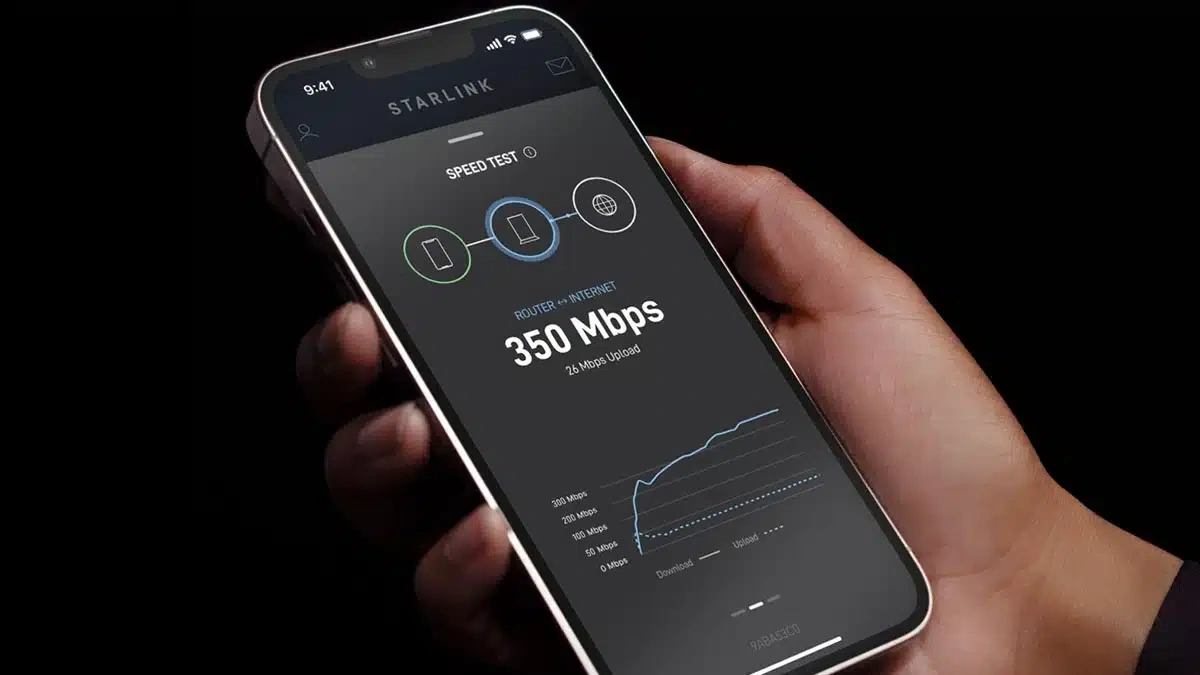
Smartphones using T-Mobile network in the US can access data directly from SpaceX satellites at speeds of 350Mbps. Photo: X/T-Mobile
But Apple CEO Tim Cook chose a different path. What followed was not just a business decision but a full-blown confrontation that is reshaping the satellite connectivity landscape.
As this battle plays out, SpaceX's Starlink service and Apple's Globalstar partnership have emerged as key players in the race for technological dominance.
Musk's bold $5 billion proposal In the months leading up to Apple's 2022 iPhone 14 launch, Elon Musk made a groundbreaking proposal to Apple.
According to Apple Insider, his company SpaceX has proposed providing Starlink satellite connectivity to the iPhone, with a deal requiring Apple to pay $5 billion up front and $1 billion per year after an 18-month exclusivity period.
Musk believed the offer was too good to refuse, and he even set a strict 72-hour deadline for Apple to accept.
However, Tim Cook turned down the deal, opting instead to partner with Globalstar, a smaller satellite service. Cook’s decision, while surprising to many, was a strategic choice to partner with a provider that was perceived as less risky and more in line with Apple’s conservative approach. Despite the rejection, Musk’s response was swift and calculated.
A competition that stretches across the sky
Not one to change easily, Elon Musk kept his promise and launched a direct competitor to Apple's satellite plans. In partnership with T-Mobile, SpaceX introduced Starlink Direct to Cell, a service designed to bring satellite communications to smartphones, including the iPhone. This development allows iPhone users to access Starlink's service, as long as they are on the T-Mobile network.
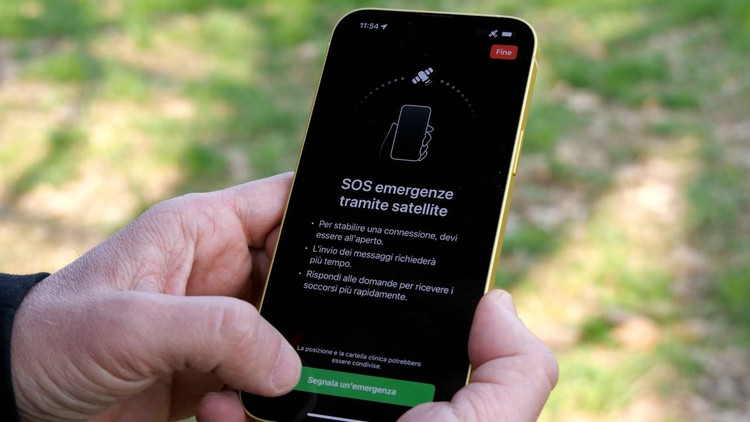
Because Tim Cook regrets spending $5 billion, iPhone can only communicate with satellites in times of...emergency. Photo: Apple Insider
The move escalated tensions, as Musk directly challenged Apple’s relationship with Globalstar, which provides the satellite infrastructure for the iPhone’s emergency connectivity feature. While Apple continued with Globalstar, Musk’s service went live, offering wider coverage and more powerful features.
Legal battles and internal resistance
The rivalry between Apple and SpaceX goes beyond business deals. In 2022, SpaceX began challenging Globalstar’s ownership of a key wireless spectrum that directly impacts Apple’s satellite services. SpaceX argued that Globalstar was not using up all of its allocated spectrum and was preventing competitors like SpaceX from entering the market.
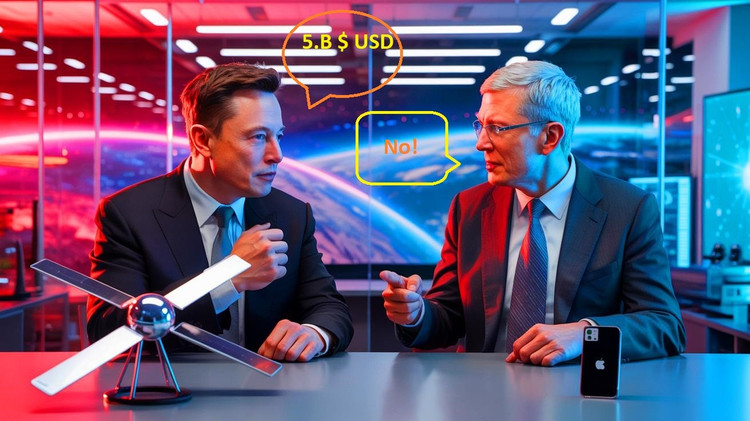
The legal move has direct consequences for Apple, which relies on that same spectrum for its satellite communications services. If SpaceX is successful in its lawsuit, Apple could be forced to find an alternative, perhaps with Musk.
Adding to Apple’s troubles are reports of internal disagreements over its partnership with Globalstar. Senior executives, including Apple’s software chief Craig Federighi, have expressed concerns about Globalstar’s aging network and lack of future improvements. This internal conflict suggests that the decision to rely on Globalstar may not be as straightforward as it appears.
The battle for satellite dominance continues
As SpaceX and Apple continue to battle for satellite connectivity, it’s clear that the stakes are higher than ever. Musk’s aggressive strategy—backed by legal action and technological innovation—has put Apple in a difficult position.
The growing tensions between the two tech giants are not just about business, but also about the future of smartphone technology and how it will operate in an increasingly connected world.
With Starlink already providing direct connectivity to smartphones and Apple’s continued commitment to Globalstar, the battle is far from over. The competition is now not just about which company can dominate the market, but also about which company will control the future of satellite communications.
Source: https://khoahocdoisong.vn/tim-cook-tra-gia-vi-tu-choi-de-nghi-5-ty-usd-tu-elon-musk-post1554799.html


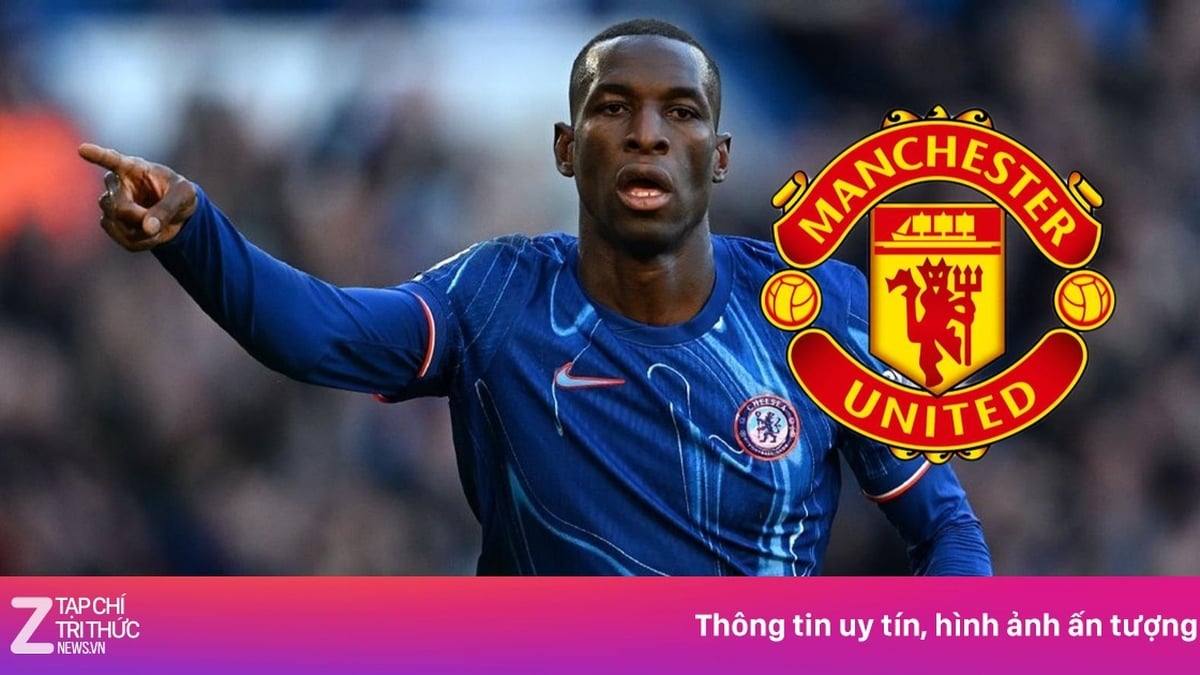



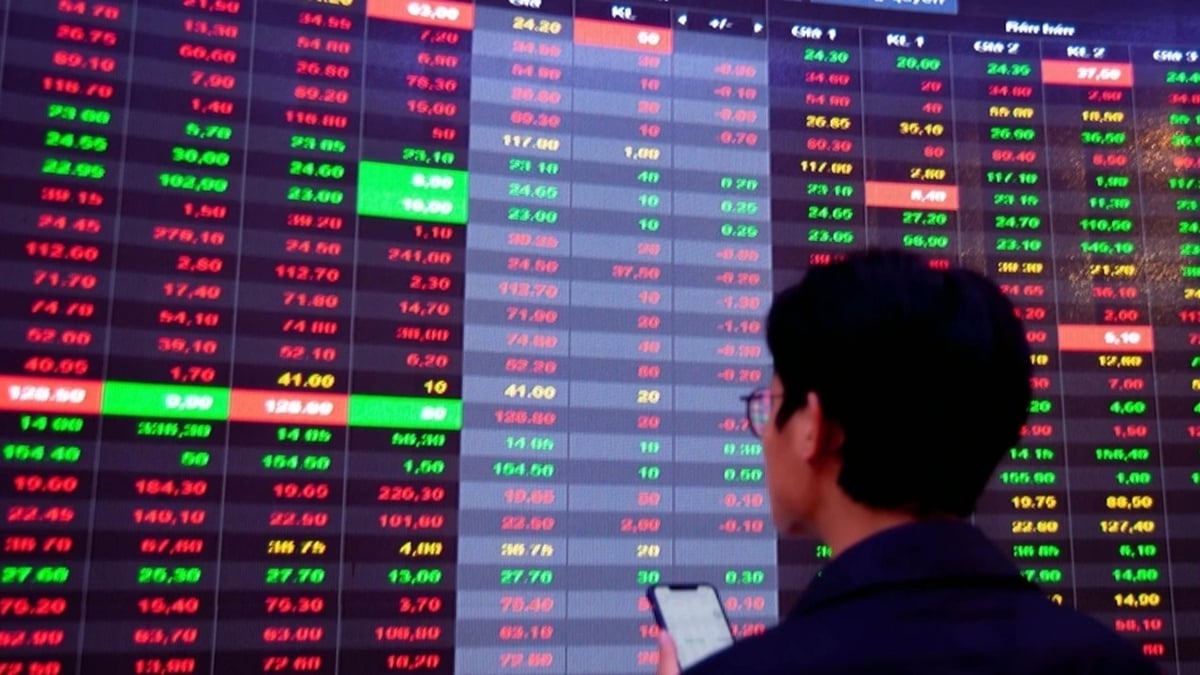
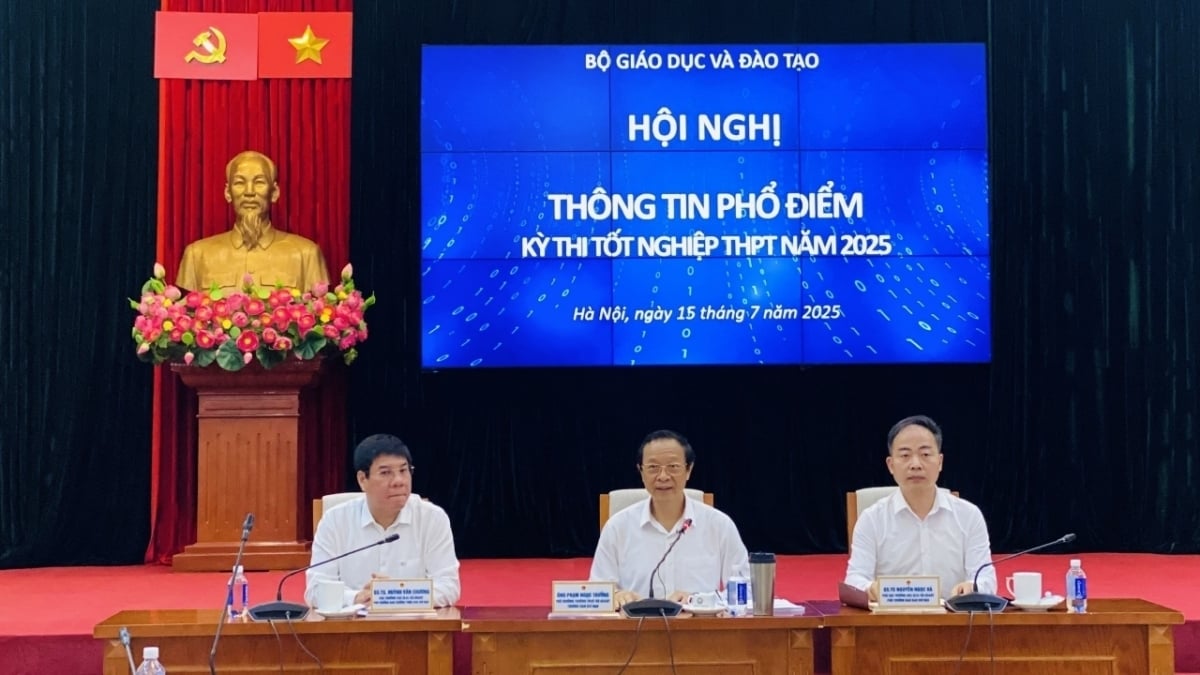

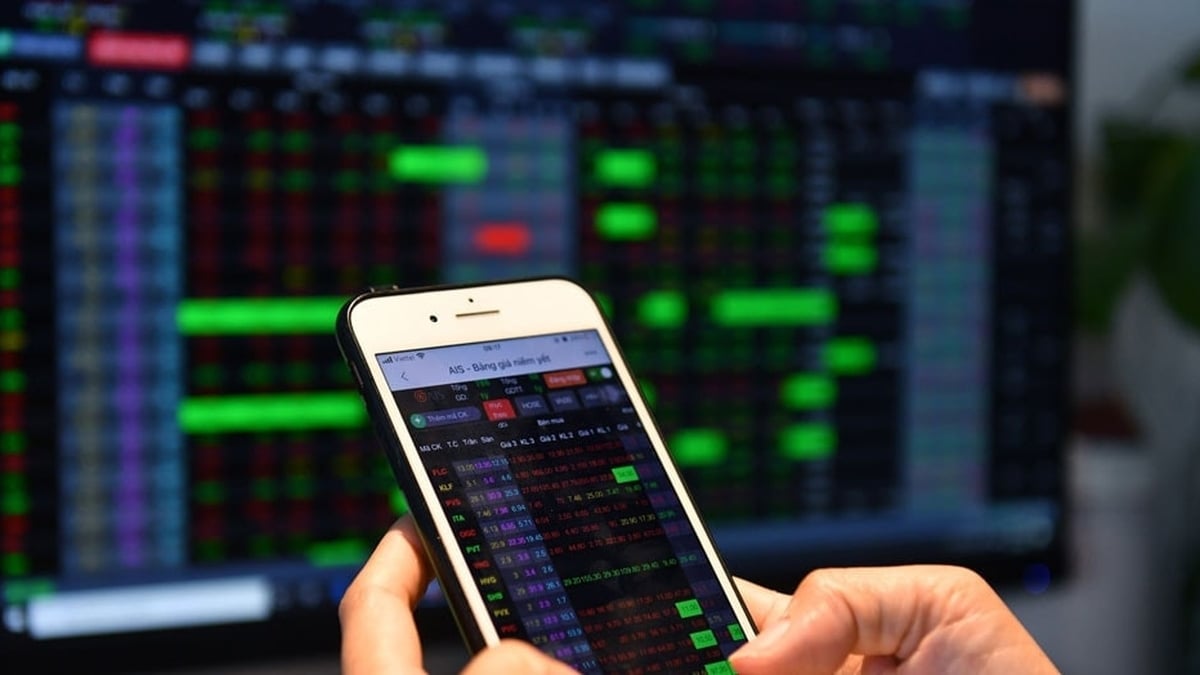
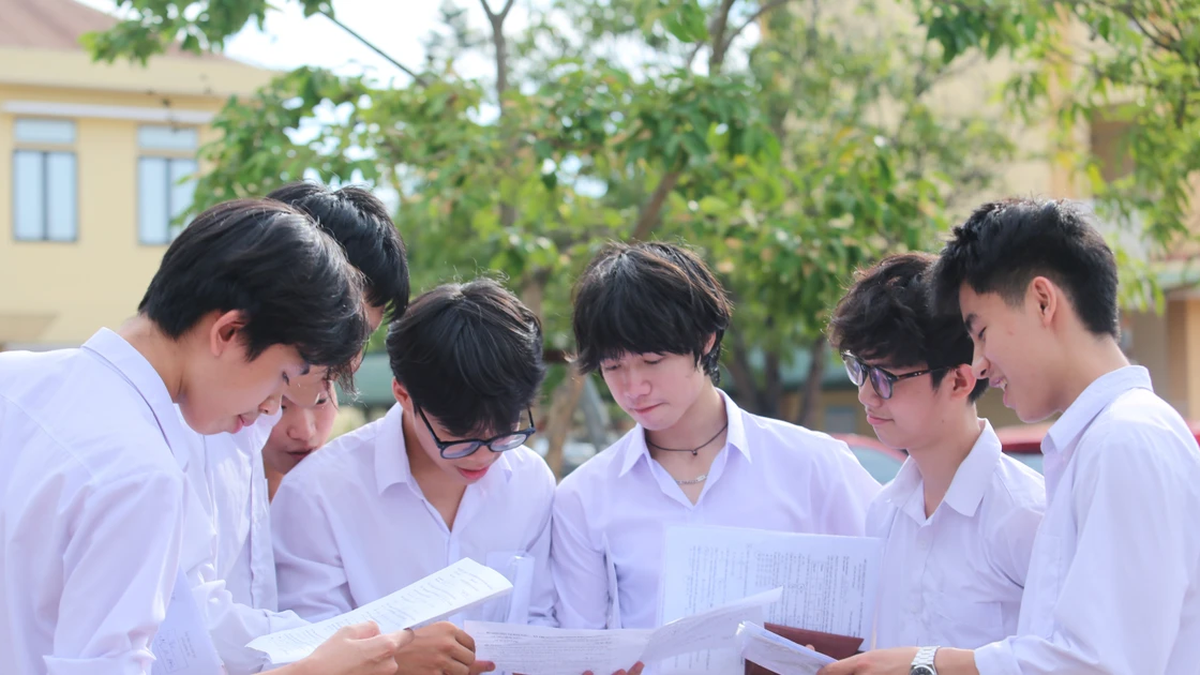
















































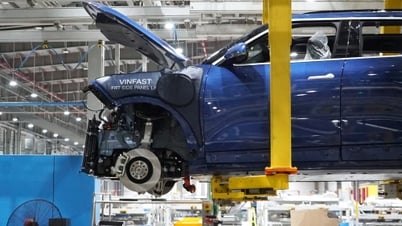





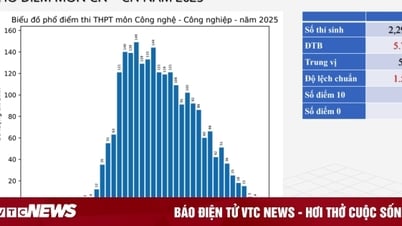









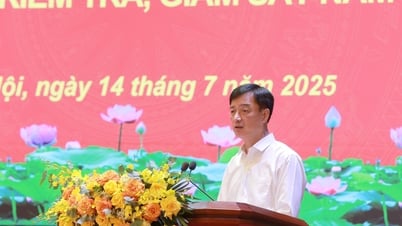



























Comment (0)